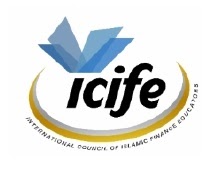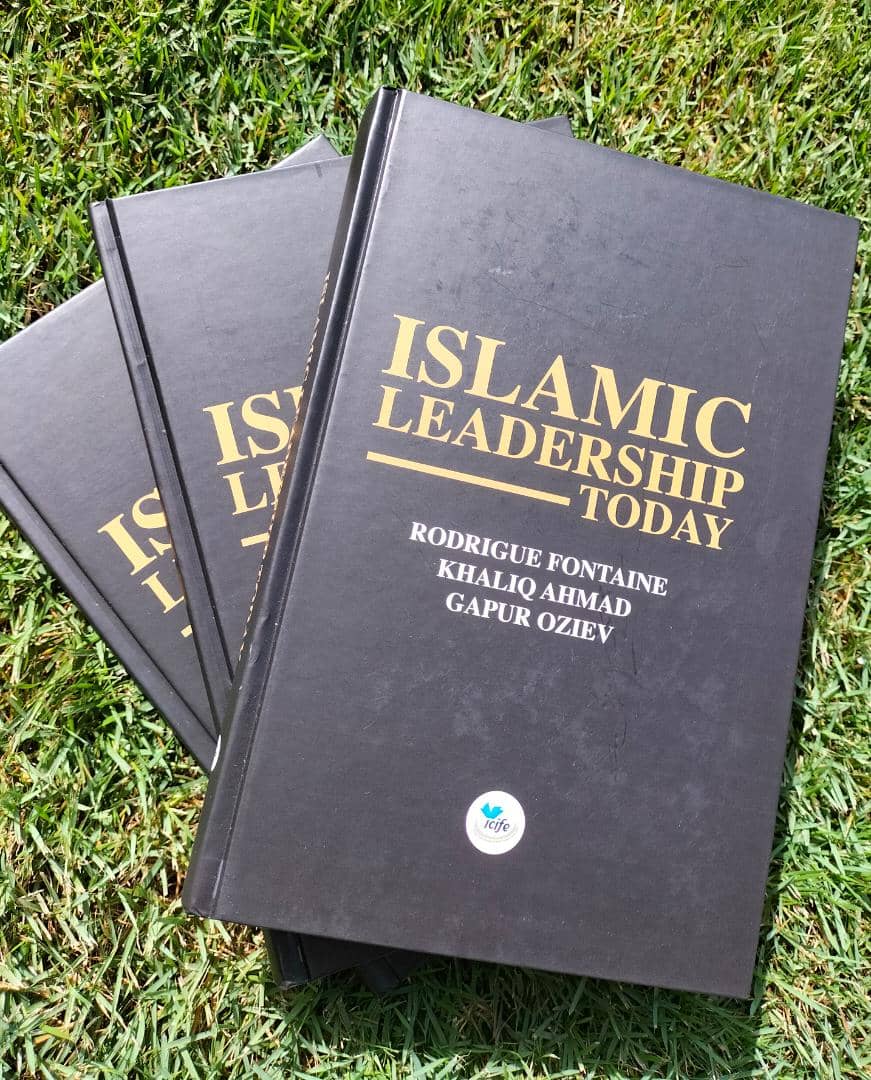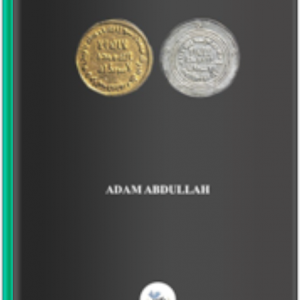It is a truism to say that we live in challenging times. Challenging times requires sound leadership from business leaders. Conventional leadership has achieved a certain level of success. However, recent developments suggest that we may have reached the limits – whether at the individual, at the group or at the systems level – in regards to conventional leadership. At the end of the day, most of the theories and practices of conventional leadership was developed in the United States and were simply assumed to be universal. Yet, there is an estimated 7.4 billion alive today. Why can we assume that studies with a few hundred respondents in the United States can be generalised to 7.4 billion people, across all continents, cultures and religions?
Talking about religion, there are an estimated 1.7 billion Muslims today. But very few books on Islamic leadership have been written to date. This book seeks to fill the gap. There are many ways to conceptualise Islamic leadership. One approach is to look at Islamic law. We decided not to do that as other scholars have already looked at that aspect. So we decided to focus on key leadership principles in the Qur’an. But these principles needed to be understood in the context of modern management principles. So we identified relevant theories in psychology, social psychology, management, organisational behaviour and systems thinking and we mixed everything together. At the same time, we took a practical approach. We found some consultants in Malaysia that can help Muslim organisations apply the principles of Islamic leadership.
Yet we assume that this book will be of great interest to non-Muslims as well. The reality of business today is quite simple. Most markets in developed economies are saturated. The opportunities for growing a business in Europe and the United States are therefore quite limited. However, the growth opportunities in the Muslim world – whether in the Middle East, Africa or Asia – are still enormous. But expatriates – if they are to be effective – must understand the local culture. We therefore tried to write this book in a non-technical language so that both Muslims and non-Muslims can benefit from the text.



